
Welcome to the EmpowHER Toolkit!
Hello! Interested in best practice guidance and ready to go resources for you or your youth work team? Perhaps you’re a youth worker already running social action, wellbeing or single gender programmes and wanting some fresh ideas or maybe this would be a brand-new venture for you. Maybe you’re looking for a complete how to guide or just some support to make your practice even better.
Whatever you’re after and whichever way you’ve found us we’re happy you’re here!
Co-designed with young people, EmpowHER was a three-and-a-half-year programme (2018-2021) addressing the worryingly low levels of wellbeing amongst young women and girls in the UK, supporting young people to give back to their local communities with inclusive, meaningful social action. Over 2000 participants progressed through a powerful journey of social engagement, social learning, social action, and youth leadership, breaking down personal barriers and used their voice to lead change in communities.
This toolkit is designed to bring the very best of EmpowHER to the sector, with thanks to our funders Spirit of 2012 and #iwill.
“The most amazing thing that I’ve seen through EmpowHER is that the young women don’t realise the significance of sisterhood, until they’re in it, and then by the end they do! And the love they have for each other at the end is phenomenal!”
You can use this toolkit in its entirety to deliver the EmpowHER programme or pick and choose resources with the young people you work with. This toolkit is made up of eight sections, full of ready to go resources, thoughtful ideas, and top tips to support young people through their journeys.
About EmpowHER
Launched to mark the centenary of women’s suffrage, EmpowHER encourages young women and girls (YW&G) to use their voices for positive change. Led by UK Youth, in partnership with the British Red Cross and Young Women’s Trust, EmpowHER was a three-and-a-half-year programme addressing the worryingly low levels of wellbeing amongst YW&G in the UK, supporting them to give back to their local communities with inclusive, meaningful social action
The poor wellbeing and general low self-esteem of young people is alarming. More than one in five young people report that they have experienced a high level of emotional problems and other emotional difficulties during the last six months (Brooks et al., 2020). 6 YW&G, especially those from disadvantaged backgrounds, are even more likely to experience poor wellbeing. A 2018 report by the Children’s Society found that girls had lower wellbeing and higher depressive symptoms than boys and are more than twice as likely to self-harm as boys. Furthermore, young people from lower income households had a higher-than-average risk of self-harming, making YW&G from poorer families a high-risk group.
Evidence suggests that inclusive and meaningful social action opportunities, including volunteering, and the influence of role models can improve the wellbeing of YW&G and inspire them to lead change in their communities. In addition, YW&G point to youth groups as places where they can be themselves, learn new things and build positive and supportive relationships (Girlguiding, 2020).
EmpowHER is targeted at “unusual suspects” – YW&G with low wellbeing who may have been excluded from social action opportunities due to lack of access or the necessary skills or confidence to engage, between the ages of 10 and 20.
21 youth organisations worked closely with UK Youth to flexibly adapt elements of the programme to their local context. The youth organisations and youth workers bring incredible value to the programme through their knowledge and expertise in their local context. They reached and engaged “unusual suspects” and understood how to adapt the programme to meet the different needs of different young people.
The relationships and partnerships between funders, programme partners, delivery partners and young people enable wider sector development and sharing of best practice, particularly around social action, partnership working and a ‘test and learn’ approach.
EmpowHER was funded by Spirit of 2012 and the #iwill Fund. The National Lottery Community Fund and the Department of Culture, Media & Sport invested £25 million seed funding to create the #iwill Fund, supporting young people to access high quality social action opportunities.
Please see our impact report here for more detail.
EmpowHER Journey
To bring the EmpowHER Journey more to life to you, have a look at Sadia’s EmpowHER journey here!
Enablers – So how does the work work?
There were many aspects of the EmpowHER that made it such a successful programme. You can learn more about the programme design enablers here!
EmpowHER Reports
Over 1,800 YW&G across England completed the EmpowHER programme across four cohorts, between 2018 and 2021. You can find many of EmpowHER programme findings in our reports below.
Cohort One Report Cohort Two Report Cohort Three Report Cohort Four Report Final Programme ReportEmpowHER Legacy

Through Social Media
We know MANY young people spend a LOT of time on social media, so it makes sense to use it too. To help you save time – find some social media and poster templates available to download below. Additionally, you can check out Youth Card, a free mobile app that acts as a one stop-shop for amazing opportunities and discounts for young people aged 11-25 who live in England, Wales, and Northern Ireland. With Youth Card, you can easily promote your programmes directly to young people in your local area.
Click here to register your interest in Youth Card now.
Downloadable Poster template (PDFs)Downloadable Poster template (PDFs)
Downloadable Poster template (PDFs)
1 Programme or insight day Agenda Template
Through Partnerships
Many of our delivery partners successfully recruited young women and girls through partnering with local schools, youth clubs/groups, youth organisations or detached youth work in their area. Here’s an EmpowHER information sheet that you can use to contact local partners about EmpowHER.
Downloadable EmpowHER Information Sheet (Word)
Through Taster sessions
Insight and taster days can be a great way for young people (perhaps with parents/carers) to experience a flavour of EmpowHER and provide the motivation and/or confidence to sign up. Run short and fun social action taster days in schools, local community centres, youth clubs providing a variety of social action sessions and projects that young people can complete with their peers or parents/carers to get excited. You can have example outlines of the sessions and projects you intend to deliver to the young people so that they have a clearer idea of what to expect if they choose to sign up.
With the help of young people!
Young people are one of the biggest assets in reaching other young people – ask young people to suggest where and how to reach young people, perhaps they could take promotional materials or use their social media networks? Get young people to check the language of your promotional materials – or better still get young people to design them! Already working with young people with low wellbeing? Ask them how they heard about the session and what encouraged them along – a focus group or ideas session might be a great place to start.
Group size and structure: Value of single gender groups
Through EmpowHER we found single gender groups a key enabler in creating an environment for young people to be themselves. We’ve seen deep bonds develop as they feel safe and secure to share and explore sensitive issues within a supportive environment. We recommend the groups to be female only and between 7-12 participants per group. For more information and resources on creating safe spaces for young people, see the Social Learning section below.
Overcoming barriers
Consider who you want to reach and what might be required to overcome the barriers to engagement. For example, if you want to reach young carers they may need funding for replacement care for loved ones, some young people with high anxiety may find busy public transport a barrier – could sessions be run at quieter times or transport provided? Might resources need to be adapted for your group? When applying for funding consider building an access fund into your application.
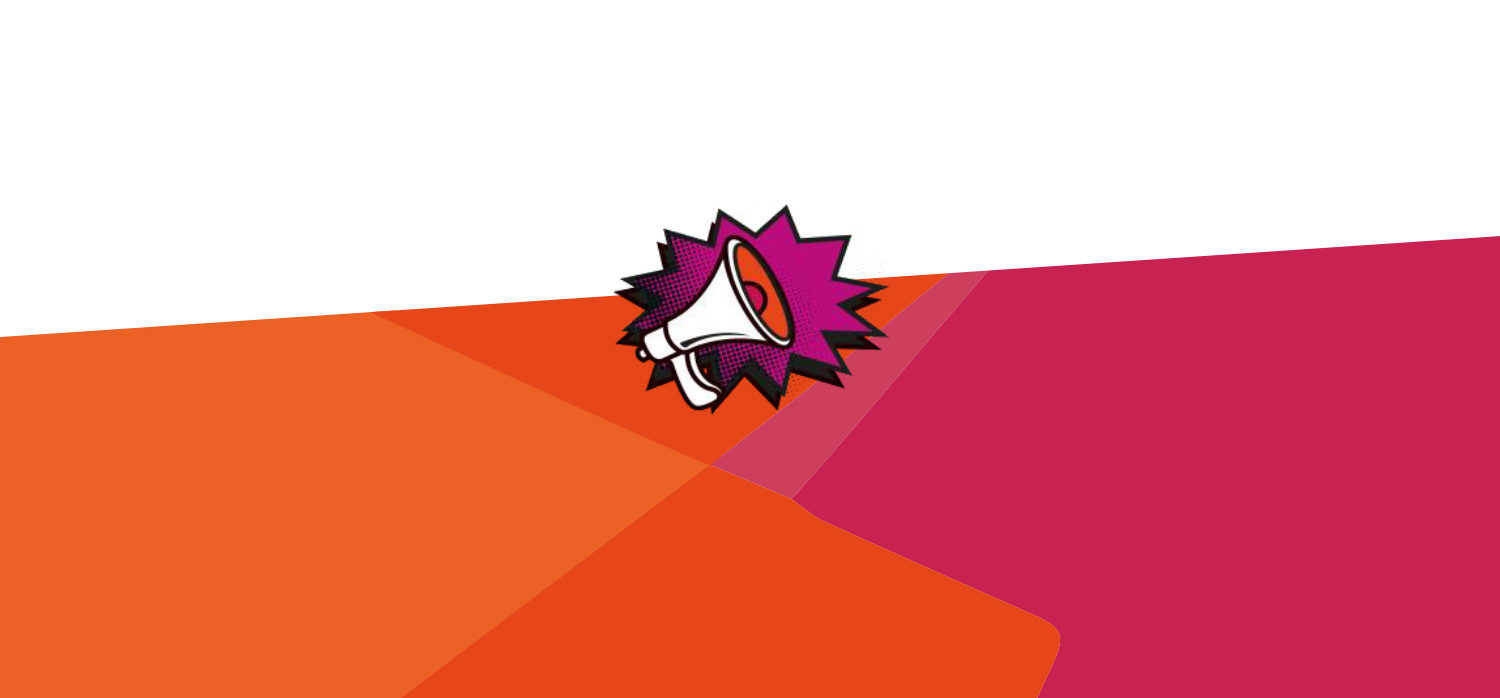
What exactly is Social Learning?
Social learning encompasses the emotional and social capabilities we all need throughout life, including becoming self-aware and receptive, motivated, and resilient, confident and an effective communicator, and learning how to take personal responsibility. In EmpowHER, social learning enables the development of these capabilities through the framework of empowerment, resilience, and individual rights. With the guidance and support of trusted and caring adults (youth workers) and positive peer groups, social learning can have a powerful impact on self-development and create a strong foundation for social action.
Social learning and social action – a power couple!
EmpowHER highlighted the value of effective social learning in creating powerful social action. Social learning helps to ignite young people’s passion for social action by providing them with the opportunity to deepen their understanding for a particular cause as well as to be inspired by members within their group. This enables social action to be truly meaningful to young people which we know is when it is most effective. Perhaps even more importantly, social learning is a safe space to open up, connect and a place to challenge limiting perceptions. Essentially effective social learning builds a foundation of confidence, group connection and passion from which to progress onto powerful social action.
‘My self’ ‘My community ‘My world’
The social learning aspect of EmpowHER draws from UK Youths Development journey framework which leads the young people to learn about ‘My Self,’ ‘My Community,’ and ‘My World.’
How to deliver Social Learning
Making spaces safe for Young People
For effective social learning it is crucial to create an environment where young people feel safe to share. Here are some Top Tips on how to create safe, inclusive, and fun spaces for young people both in person and online.
Making safe spaces for young people Top TipsFacilitating safe, inclusive & fun sessions Top Tips
Wellbeing activity ideas sheet
UK Youth digital youth work Guide
Guide to supporting Trans and gender questioning young people
Ideas and ready to go session plans
Here you will find session plans, wellbeing activities and resources to help you deliver powerful social learning. Find more session plans on the Social Learning section of our online toolkit. The main learning from EmpowHER is to let the young people choose the topic – they will have issues that are close to them. You will find some session plans, wellbeing activities and resources below to help you deliver your social learning sessions.
Topic Discussion pointsExample Social learning delivery timeline
Wellbeing Session Plan
Body image & positivity Session Plan
Choosing an ally Session plan
Women in sport Session plan
Sexual Harrassment Session plan
Politics and Feminism Session plan
Staying safe online Session plan
Inspirational women and role models Session plan
Gender based violence and exploitation Session plan
Destigmatising periods Session plan
Have you thought about role models?
Evidence suggests that the influence of role models can improve the wellbeing of YW&G and inspire them to lead change in their communities (Girlguiding, 2020). Role models who challenge and overcome stereotypes, particularly women in sport, are an enabler in young women and girls becoming increasingly prepared, as they get older, to challenge sexism themselves (Girlguiding, 2017). Role models also give young people access to new skills and networks and can help you to create links within the community you work in. For more information on how to find role models to attend your sessions, please contact Louise from the British Red Cross at LouiseCrowe@redcross.org.uk.
How to engage with role models Top TipsHear from an EmpowHER Role Model
Running a Role model event Guide + session outline

First – What is social action?
Youth-led social action or Youth social action refers to practical actions undertaken by children and young people in the service of others to create positive change. Social action includes activities such as campaigning, fundraising, and volunteering, all of which create a dual benefit – to communities and young people themselves.
Benefit to young people?
When young people take part in high quality youth led social action, they can learn, develop, and engage in a range of opportunities, supporting causes they are passionate about whilst working with others to have greater impact.
Of 10, 000 young people surveyed by NCVO, 77% agreed volunteering had improved their mental health (2019).
When young people were asked how social action benefits them the single most common response was improved confidence and self-esteem (44%) with this response increasing to 50% for those in a transitional age range (National Youth Social Action Survey 2019).
But whilst 84% of young people want to help others, only 52% believe that they can make a positive difference in their communities (Literature review, UK Youth 2021). This section provides tips and resources to get started and keep motivated as well as exploring the #iwill principles for high quality youth social action.
What ingredients create high quality social action?
Evidence reveals that for social action to be high quality, it has to be led by young people. #iwill have outlined some main social action principles to help support high quality social action. These principles highlight that social action should not only be youth-led and able to challenge the young people, but also have social impact whilst creating room for young people to progress to other opportunities as well as enabling young people to reflect about the value of the activity or project they are engaging in. Therefore, the higher the quality of social action, the more beneficial it is for young people in acquiring vital practical skills and experiences that improves them and the societies or causes they are trying to help. See the “how to… social action guide” for more details on the #iWill principles or on their website here.
How to get started with Social Action
Social action isn’t always a phrase young people will be familiar with. Framing it in terms of helping people, volunteering, or making changes in a community can make it feel more accessible – those are terms most young people already understand. Here are a few tips to help you get started with social action and get your young people excited it too.
How to Social Action GuidesBritish Red Cross Social Action Resource
Call to Social Action Summary Sheet
Social Action ideas blog link
Social Action Posters by EmpowHER Ambassadors
Social Action motivators Sheet
Getting excited about social action Top Tips from EmpowHER Ambassadors
Social Action Planning Template
Everything you need to run a Social Action Pitch Day
Pitch days – where groups pitch their social action idea to a panel in a bid to receive a small amount of funding – are a fantastic way to help young people build skills through social action and support their planning process. Pitch days enable young people to develop their presentation, public speaking, and campaigning skills, as well as build confidence by pitching to a ‘Dragon’s style’ panel for something they truly believe in.
To create a small funding pot, try local businesses or any corporates you work with to donate or give vouchers -a member of their organisation could even sit on the panel? For further ideas of where and how to get funding check out our funding ideas guide.
How to run a social action pitch day.
Please note: The pitch days can be delivered in person or online and should be adapted accordingly to organisational procedures and young people’s needs. Young people should be allowed to attend as a group, use presentations/videos etc. Here is everything you will need to run your very own social action pitch day.
Social Action Pitch Day GuideSocial Action Application form
Social Action session outline/Plan
Social Action pitch day participation certificate
Social Action pitch day cheque template
Rewards and Recognition
Rewards and Recognition is a key part of cementing the learnings, growth and achievements of the young people who have participated on the programme. Through the years, we have seen the power of rewards and recognition to increase self-esteem and motivation of the young women and girls as well as to help motivate continued engagement in social action. Recognising non-academic achievements in this way can be particularly powerful for young women and girls who may not regularly receive praise and certificates in academic settings. Indeed, for many young women and girls who excelled on EmpowHER this recognition was a new and hugely impactful experience.
Rewards and Recognition ideas
EmpowHER awards
The EmpowHER awards were introduced to commend the programme’s participants for exceptional effort or growth in EmpowHER across four categories: leadership, courage, peer support and team award.
How to run the EmpowHER Awards?
The EmpowHER Awards are great at getting young people excited about the end of the programme celebration event or as a way to recognise each other’s achievements. It gives the opportunity to nominate each other and celebrate together as a group.
EmpowHER Award GuideEmpowHER Award nomination form
EmpowHER Award Certificate Template
Youth-led celebration event
Celebration events – which bring together young women and girls with groups from other youth organisations and other regions – are not only a chance for fun and celebration but also for young women and girls to recognise that they are art of something bigger. We have heard across multiple UK Youth programmes the pride and motivation that can come when young people feel part of something bigger. Celebration events are another opportunity to give young people the opportunity to build skills and teamwork by giving them ownership of their celebration event – from control of the structure to the budget!
How to plan a celebration event
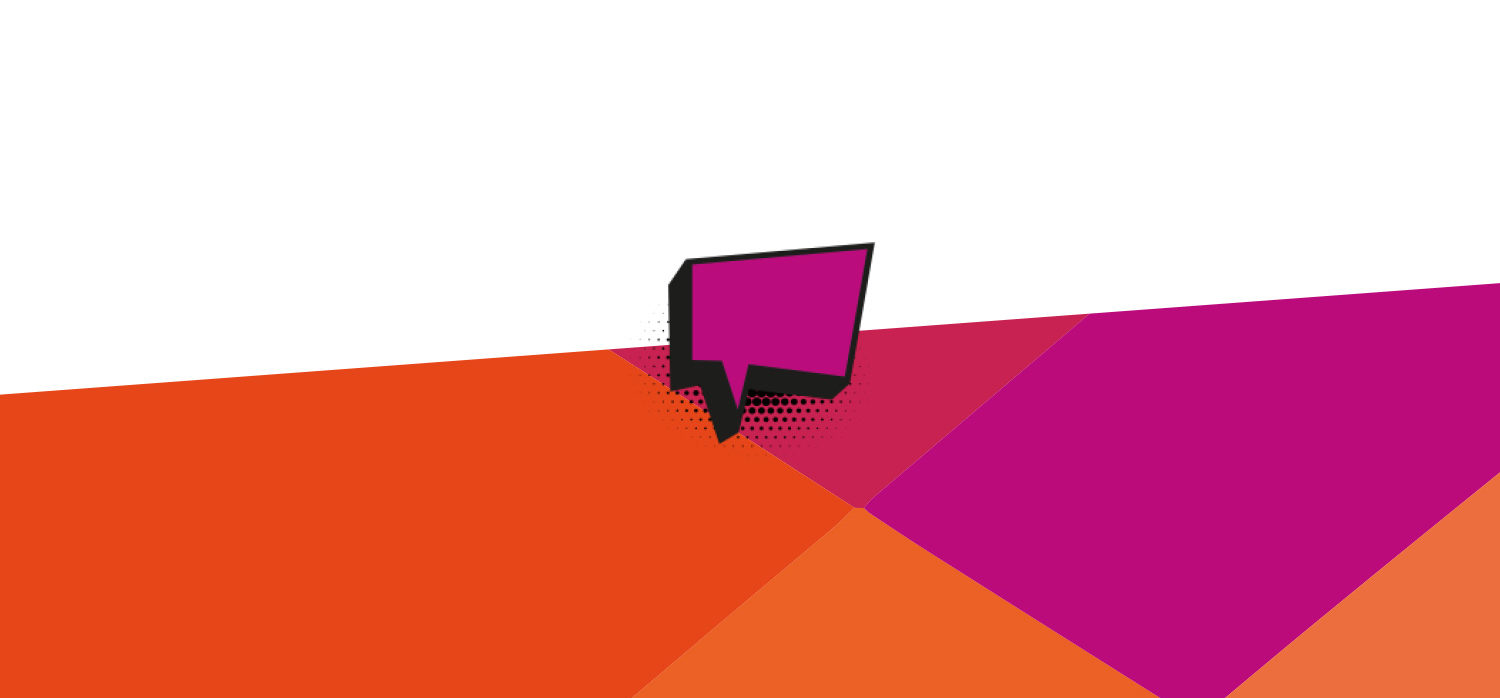
Ways to make EmpowHER more Youth led
Intentionally engaging past participants offers an opportunity to progress into youth leadership as well as ensuring that youth voice is at the core of EmpowHER. We saw EmpowHER alumni successfully hold a range of roles – from light touch to significant commitments and this became an integral element of the programme.
Peer Mentors
Peer mentors are EmpowHER alumni who have previously completed the programme but come back to volunteer their time and knowledge to the young women and girls who are currently participating on the programme. Whilst volunteering as peer mentors, the young women and girls can take on different tasks and responsibilities in the group such as running an icebreaker, taking the register, encouraging the young people to take part, sharing their EmpowHER Experience to inspire the young people, supporting with social action planning/pitch day and much more. This experience as peer mentors not only helps to boost their confidence but introduces them to more enjoyable volunteering opportunities which helps them build leadership and life skills.
Set up an Ambassador Group
The ambassadors are a peer-led and self-mobilizing group of young women and girls with specific youth-decided remit and decision power to help elevate the voices of young people on the programme and help support them through their EmpowHER journey. They help to promote the mission and vision of EmpowHER as well as providing key advice and ideas to support the young people participating on the programme.
Interested in setting up an Ambassador group to help support young people in their EmpowHER journeys? Here are some guides and resources that you will need to set up your ambassador group.
How to set up an Ambassador Group GuideAmbassador application form template
Ambassador session plan Template
Session Register & Review Template
Fays’ Ambassador story
Through the EmpowHER programme, with Preston Impact group, Fay discovered a passion for empowering and motivating young women, girls, and non-binary young people to speak out about issues affecting them. Feeling confident and inspired – when her group completed – Fay decided to volunteer as a peer mentor for the next cohort at her youth club, supporting the group to get the most out of their EmpowHER journeys.
Fay was not finished there; in the next cohort she became an Empowher ambassador this time providing encouragement to EmpowHER participants across the country! Fay has now helped groups prepare for social action pitch days, supported partners with campaigns on wellbeing for young people and women’s rights, been an EmpowHER role model, a pitch day judge, given a keynote speech at the cohort four celebration event and so much more!
With her exceptional skills and drive for change Fay has now successfully secured an internship with the British Red Cross, where she will be supporting an exciting new Climate Change EmpowHER ambassadors’ pilot. We cannot wait to see what the future holds.
Making space for young people’s voice
Young people want to be heard! They don’t only want to be part of the conversation but also part of the solution. EmpowHER is strongest when young people are meaningfully involved in both design and delivery of EmpowHER. As well as benefiting EmpowHER groups, this next step along UK Youth’s development journey can be hugely impactful for the young people involved.
Here are a few ways to embed youth voice on EmpowHER:
- Being part of the EmpowHER project steering group – talking with programme leads and funders
- Designing the programme – when does it happen? Where? What should it look like? What Topics are covered?
- Contributing to session plans
- Leading sessions in taster days, for example an icebreaker or wellbeing activity
- Leading elements of sessions for example leading a discussion
- Becoming a programme ambassador
- Becoming a peer mentor
- Becoming a role model
- Judging at pitch days
- Moderating EmpowHER Awards
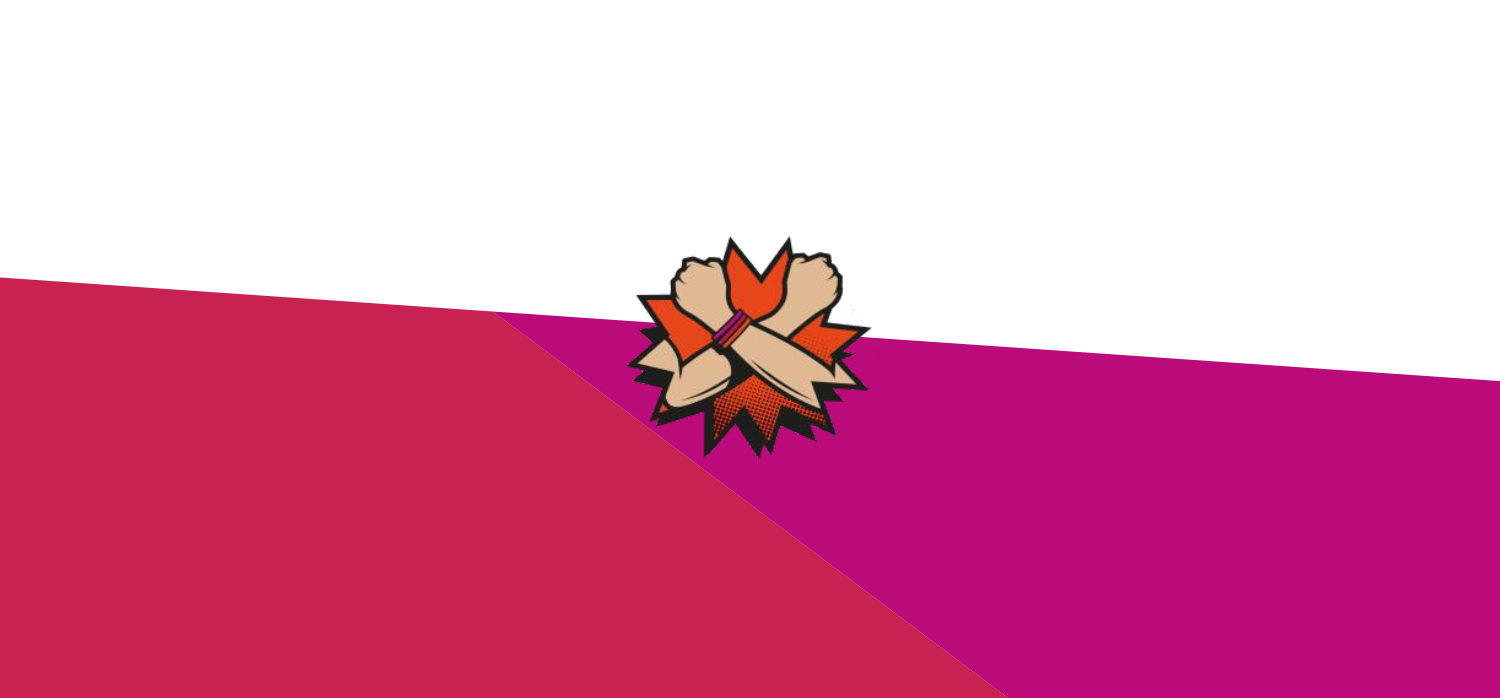
Importance of partnership working
Partnerships can also bring different skill sets together – our partnership with the British Red Cross brought campaigning expertise and unique social opportunities whilst Young Women’s Trust were able to bring their expertise on gender specific advocacy. Young people benefit from different types of support and guidance and by coming together we make a bigger impact.
Here are some top tips and resources on creating and sustaining powerful partnerships.
How to have Powerful partnerships Top Tips
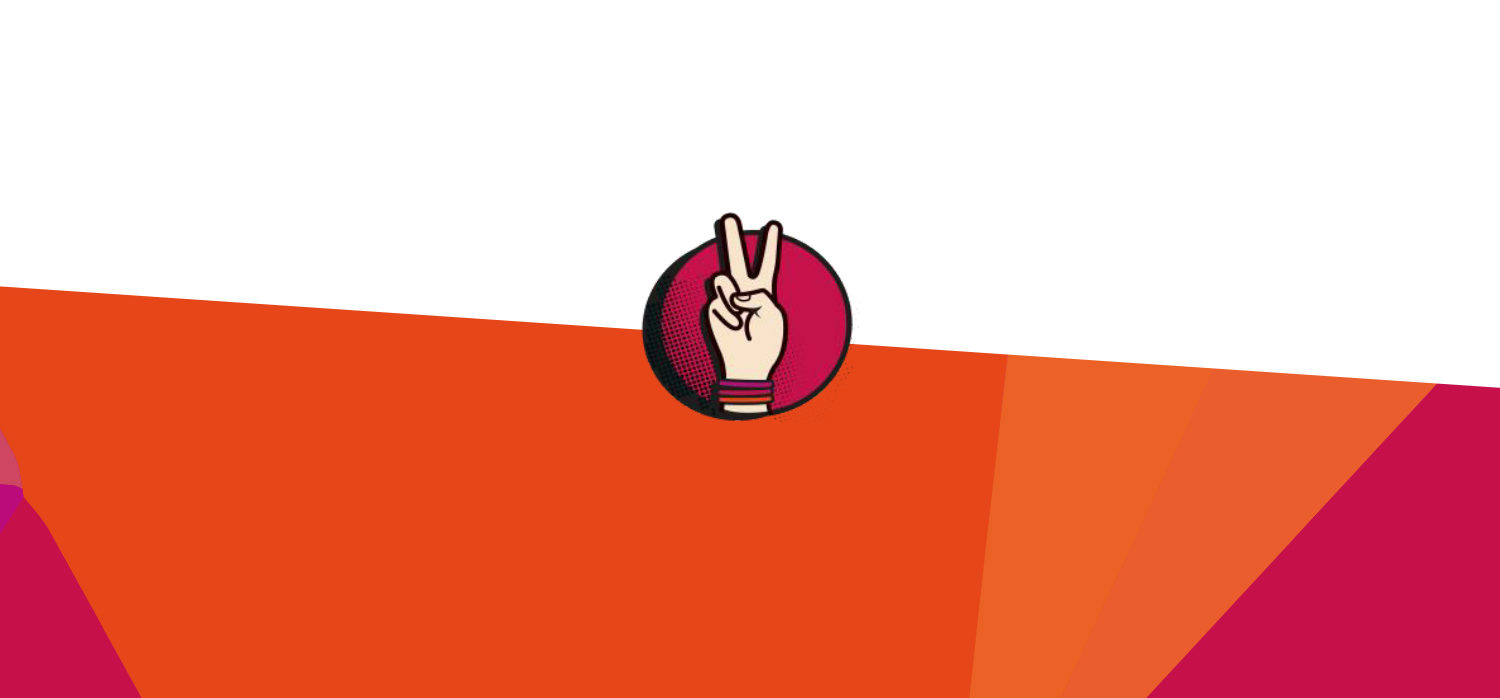
We all know that amazing programmes need amazing funders. Here are some resources to help you get started with securing funding for your programme and creating lasting change.



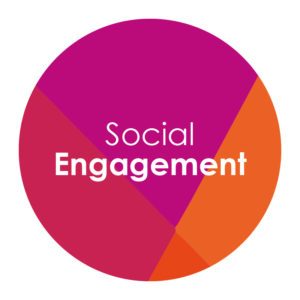
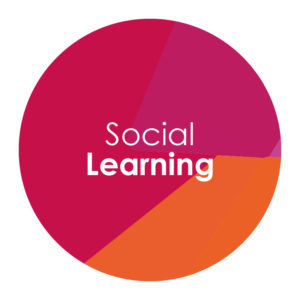
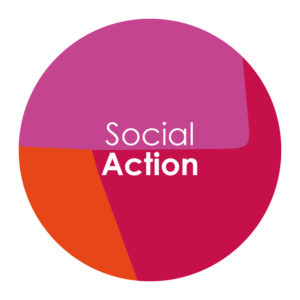
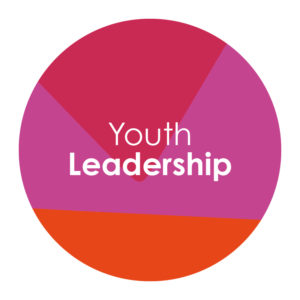
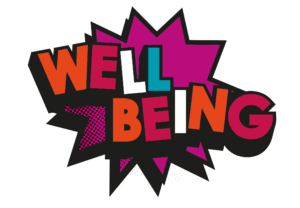 Social Learning
Social Learning 



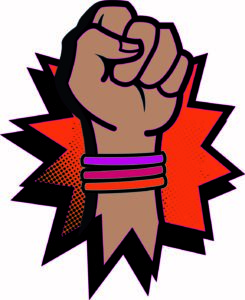 Social Action
Social Action 
 Youth Leadership
Youth Leadership 
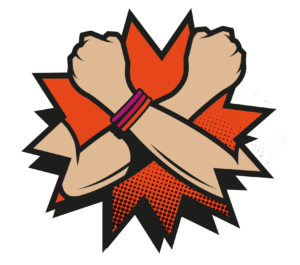 Building Partnerships
Building Partnerships 
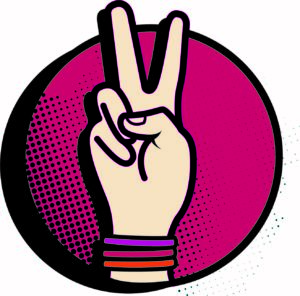 Effective Evaluation
Effective Evaluation 
 Finding Funding
Finding Funding 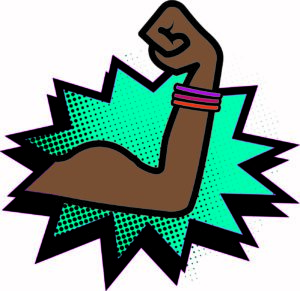
“The young women and girls have gotten accustomed to the online sessions now and their engagement is much better. We would love to deliver EmpowHER again”
EmpowHER was designed to specifically target ‘unusual suspects’: young women and girls (YW&G) aged 10-20 with low wellbeing, who do not already meaningfully participate in social action, and are facing significant barriers, such as YW&G with additional needs or disabilities, young refugees, or young women and girls from deprived areas. However, this toolkit can be used to recruit a mix of young people depending on your organisational mission.
Top tips and ready to go materials